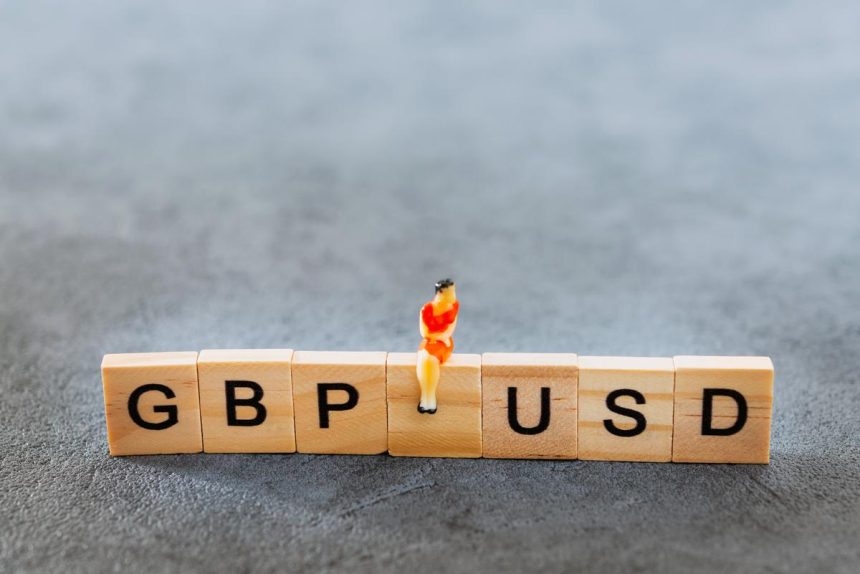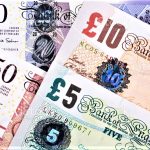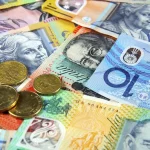Pound sterling remains stable following a strong victory for Keir Starmer’s Labour Party.
Pound Sterling (GBP) remained stable on Friday as the Labour Party won 410 of the 650 seats in parliament. This result would give Labour a majority of approximately 170 seats, bringing an end to 14 years of increasingly unstable Conservative government.
Labour secured over 400 seats, with some still to be counted.
Rishi Sunak, Prime Minister of the United Kingdom (UK), acknowledged loss in the national election on Friday, conceding that the opposition Labour Party won. “The “The Labour Party won this general election, and I called Sir Keir Starmer to congratulate him on his victory,” Sunak said after winning his parliamentary seat in northern England, according to Reuters.
Derek Halpenny, head of FX research at MUFG Bank Ltd., believes that a Labour victory could be beneficial to the Pound Sterling. A large majority would give Labour a strong mandate for governing, potentially resulting in greater political stability.
The projection for US nonfarm payrolls is for a gain of 190,000 new jobs, down from the prior figure of 272,000.
The US Dollar (USD) is struggling due to poor US statistics, increasing anticipation that the Federal Reserve (Fed) may lower interest rates in 2024. The main feature of Friday will be the release of US job data, which are likely to indicate a Employment growth slowed in June. The US Nonfarm Payrolls (NFP) predicted to increase by 190,000 new jobs, down from the prior number of 272,000.
Daily Market Movers: Pound Sterling gains as US data raises chances of Fed rate reduction.
According to the ADP Employment report, US private enterprises added 150,000 employees to their payrolls in June, the lowest increase in five months. This amount fell short of the projected 160,000 and was lower than the downwardly revised 157,000 in May.
The US ISM Services PMI fell dramatically to 48.8 in June, the largest drop since April 2020. This data fell far below market forecasts of 52.5, following a reading of 53.8 in May.
Austan Goolsbee, president of the Federal Reserve Bank of Chicago indicated on BBC Radio on Wednesday that returning inflation to 2% will take time and that more economic data is required. However, Fed Chair Jerome Powell stated on Tuesday that the central bank is returning to a disinflationary path, according to Reuters.
The minutes of the Federal Reserve’s June 11-12 monetary policy meeting, released on Wednesday, indicated that Fed members were in a waiting posture. Some participants underlined the Committee’s data-driven approach, with monetary policy decisions contingent on the evolution of the economy rather than following a predetermined course.
The Pound Sterling (GBP) continues to rise as BoE officials are concerned about continuing inflation in the UK service sector, preventing them from considering policy easing. In contrast, inflation in other areas has fallen dramatically due to low demand in both domestic and international markets.









